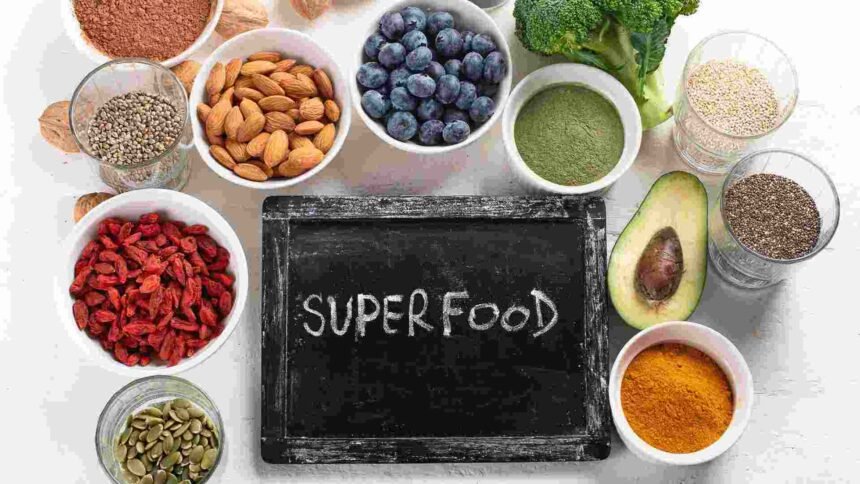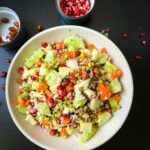For individuals with diabetes, incorporating nutrient-rich superfoods into their diet can play a crucial role in managing blood sugar levels and promoting overall health. Here are six superfoods that those with diabetes should consider including in their diet:
- Non-starchy vegetables, such as leafy greens, broccoli, cauliflower, and bell peppers, are low in carbohydrates and calories, making them an excellent choice for individuals with diabetes. These vegetables are rich in vitamins, minerals, and antioxidants, which can help reduce the risk of chronic diseases and support optimal health.
- Berries, including strawberries, blueberries, raspberries, and blackberries, are packed with fiber, vitamins, and antioxidants. Despite their natural sweetness, berries have a relatively low glycemic index, meaning they have less impact on blood sugar levels compared to other fruits. Incorporating berries into meals or snacks can add flavor and nutritional value without causing spikes in blood sugar.
- Nuts and seeds, such as almonds, walnuts, chia seeds, and flaxseeds, are rich in healthy fats, protein, and fiber. Consuming nuts and seeds can help regulate blood sugar levels, improve insulin sensitivity, and reduce the risk of heart disease. Additionally, the crunchiness and texture of nuts and seeds can add variety and satiety to meals and snacks.
- Legumes, including beans, lentils, chickpeas, and peas, are excellent sources of plant-based protein, fiber, and complex carbohydrates. Legumes have a low glycemic index and can help stabilize blood sugar levels, improve cholesterol levels, and promote heart health. Incorporating legumes into meals can also increase feelings of fullness and satisfaction.
- Whole grains, such as oats, quinoa, brown rice, and barley, are rich in fiber, vitamins, and minerals. Unlike refined grains, which are stripped of their nutrients during processing, whole grains contain the entire grain kernel, providing sustained energy and promoting digestive health. Consuming whole grains can help regulate blood sugar levels and reduce the risk of type 2 diabetes and heart disease.
- Healthy fats, including avocados, olive oil, fatty fish (such as salmon and mackerel), and nuts, play a crucial role in a balanced diet for individuals with diabetes. Healthy fats can help improve insulin sensitivity, reduce inflammation, and support heart health. Incorporating sources of healthy fats into meals can help control hunger, stabilize blood sugar levels, and enhance the absorption of fat-soluble vitamins.
Also, incorporating nutrient-rich superfoods like non-starchy vegetables, berries, nuts and seeds, legumes, whole grains, and healthy fats into the diet can provide numerous health benefits for individuals with diabetes. By making informed dietary choices and focusing on nutrient-dense foods, individuals with diabetes can better manage their condition and improve their overall quality of life.










